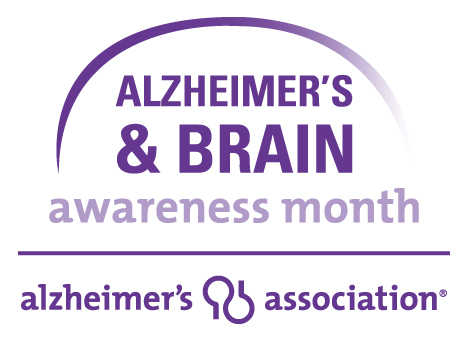This post comes from the Alzheimer’s Prevention Registry. It’s an international collaborative formed to launch a new era of Alzheimer’s prevention research. Go ahead an check out their website when you’re done reading!
As the weather warms up, our thoughts naturally turn to outdoor activities and travel. These activities can be challenging for someone with Alzheimer’s, but they can also provide powerful ways to enrich their lives and brighten their spirits and yours. As an Alzheimer’s caregiver, though, you’ll need to plan carefully for each outing or journey.
Going Out
Getting outside can be a good activity both for someone with Alzheimer’s and for their caregiver. Some activities can be enjoyed close to home, such as taking care of (or just watering) plants in the garden or yard. If you and your person with Alzheimer’s are comfortable with it, you can also plan trips to a botanical garden, museum or art exhibit, or to the pool (at a quiet time) or park. You’ll want to plan outings for the time of day when the person is at his or her best. And, be sure to keep outings from becoming too long, since you’ll want to be careful that the person with Alzheimer’s doesn’t become tired or confused.
Travel
Travel presents special problems for someone with Alzheimer’s because it naturally takes them out of their home routines. To test whether travel is a good idea or not, you might plan a “staycation” first by spending the night at a hotel in your town or city and eating three meals out. If this experience causes the person with Alzheimer’s distress, travel may not be a good idea.
When you do travel, if you can, go with another friend or family member, and be sure to have help at the airport or train station. Bring personal items or keepsakes that you know will comfort the person with Alzheimer’s, and also be sure to have copies of important phone numbers, documents and medical records, just in case. Also, be prepared for your person to wander in the airport or train station if given the opportunity. You may want to dress him or her distinctively and to include an ID bracelet as part of the wardrobe. It’s often helpful meet with a doctor beforehand to discuss medications that may calm someone who becomes distressed.
When you arrive at your destination, try to maintain a routine as close to your home rhythm as possible: schedule meals, sleep and bathroom breaks at the same time as at home, for example. At night, be sure to have a light on in the bathroom and a clear path to get there. Leave plenty of time for rest, and don’t plan too many activities. Finally, be prepared to cut your visit short if the situation turns out to be too much for the person with Alzheimer’s.
Resources:
Banner Alzheimer’s Institute
National Institute on Aging:
Alzheimer’s Association:
Upcoming Webinar:
Dementia Dialogues: Planning Successful Travel
Just in time for summer travel, learn tactics to make your trips as successful as possible.
Wednesday, May 20, 2015 3-4 pm Eastern
55.676097
12.568337
Like this:
Like Loading...

